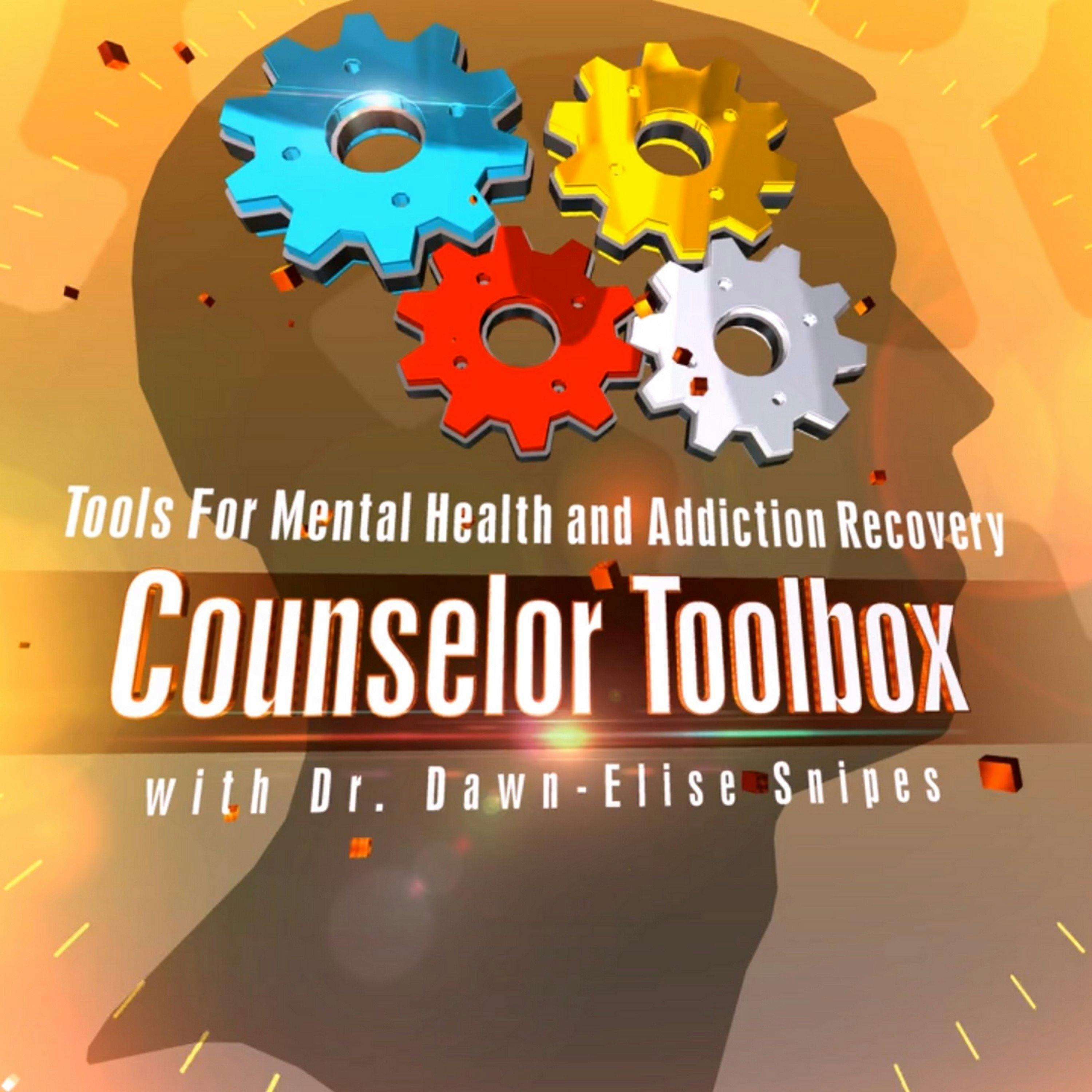Transforming Schema That Cause Anxiety & Depression with Counseling
Description
**Summary: How Schema Affect Anxiety and Depression by Dr. Dawn-Elise Snipes**
[Watch the video](https://www.youtube.com/watch?v=k8SL2ZbWVFE)
**Outline Summary:**
1. **Introduction**
- Presenter: Dr. Dawn-Elise Snipes
- Topic: How Schema Affect Anxiety and Depression
- Objectives: Define schema, explain formation, discuss inaccuracies, and identify strategies to address unhelpful schema
2. **Understanding Schema**
- Definition: Mental representations or beliefs about people or events
- Examples: Traffic lights, doctor visits, job interviews, news media, flu season, stock market
- Function: Help anticipate and interpret future situations
3. **Formation of Schema**
- Based on interpretation and memories of experiences
- Influenced by age, prior experiences, cognitive development, and metacognition
- Example: Childhood experiences with a teacher or parent
4. **General Categories of Schema**
- **Security and Abandonment**: Safety in relationships and self-worth
- **Trust and Safety**: General trustworthiness of others
- **Emotional Support vs. Deprivation**: Support in managing emotions
- **Self-Determination**: Control over life and vulnerability
- **Positivity vs. Negativity**: Optimism vs. pessimism
- **Acceptance vs. Hypercriticalness**: Self-acceptance vs. self-criticism
- **Competence vs. Defectiveness**: Capability vs. feeling broken
- **Independence vs. Dependence**: Reliance on others
- **Belongingness vs. Alienation**: Sense of fitting in vs. rejection
5. **Impact of Schema on Anxiety and Depression**
- Negative schema lead to feelings of hopelessness, helplessness, and anxiety
- Positive schema promote feelings of safety, empowerment, and self-worth
6. **Adjusting Outdated or Inaccurate Schema**
- Schema may be outdated or based on inaccurate interpretations
- Recognize and update schema based on current facts and experiences
- Example: Adjusting schema about medical conditions like cancer or HIV
7. **Strategies to Address Unhelpful Schema**
- **Identify and Evaluate Current Schema**: Understand thoughts contributing to distress
- **Address Cognitive Distortions**: Overgeneralization and personalization
- **Explore Schema with Fresh Eyes**: Re-evaluate old situations
- **Schema Restructuring**: Develop new, healthier schema
- **Notice and Focus on Positives**: Encourage a balanced view
8. **Practical Application**
- Consistency and predictability in caregiving
- Emotional and cognitive responsiveness
- Acceptance, attention, and validation
- Safety and support in solution generation
**Time Codes for Major Points:**
0:00 Introduction by Dr. Dawn-Elise Snipes
2:45 Understanding Schema
7:30 Formation of Schema
15:20 General Categories of Schema
23:40 Impact of Schema on Anxiety and Depression
33:10 Adjusting Outdated or Inaccurate Schema
41:50 Strategies to Address Unhelpful Schema
54:30 Practical Application
Feel free to ask if you need further details or a more in-depth explanation on any part of the video!
Learn more about your ad choices. Visit megaphone.fm/adchoices
More Episodes
Learn more about your ad choices. Visit megaphone.fm/adchoices
Published 11/21/24
Published 11/21/24
Introduction
Presenter: Dr. Dawn-Elise Snipes discusses helping families navigate life transitions using the Flower Empower Model.
The focus is on understanding how various transitions impact both individuals and families, emphasizing the importance of supportive partnerships between...
Published 11/19/24


